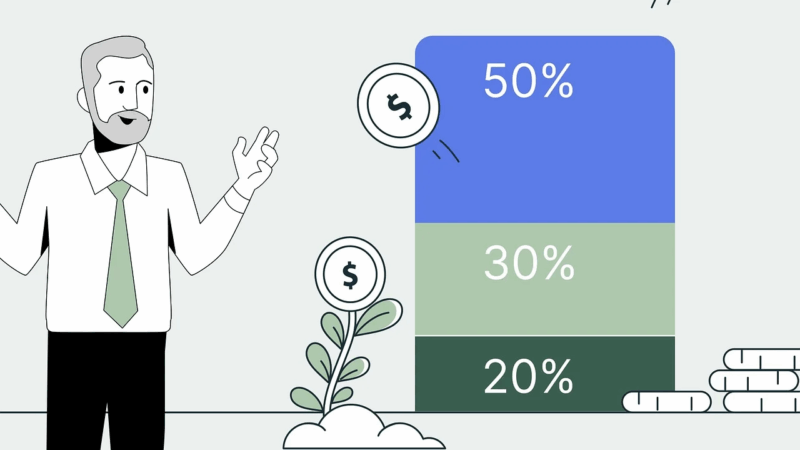
Financial stability plays a crucial role in addiction treatment recovery, offering a foundation for building a healthy, fulfilling life. Financial stress can be a significant trigger for substance use, while financial stability can support long-term sobriety.
Understanding the Impact of Addiction on Finances
Addiction often leads to financial instability, which can complicate the recovery process.
Substance Costs
The cost of maintaining an addiction can be substantial. Money spent on substances leaves less available for essential expenses like housing, food, and healthcare.
Employment Issues
Addiction can affect job performance, leading to job loss or difficulty maintaining steady employment. This lack of income exacerbates financial instability.
Legal and Medical Expenses
Legal issues related to substance use, such as fines or legal fees and medical expenses from health complications, can create significant financial burdens.
The Importance of Financial Stability in Recovery
Achieving financial stability can enhance the recovery process in several ways.
Reducing Stress
Financial stability reduces the stress and anxiety associated with money problems. Lower stress levels support emotional well-being and reduce the risk of relapse.
Enhancing Focus
With financial worries minimized, individuals can focus more on their recovery efforts, such as attending therapy sessions, participating in support groups, and practicing self-care.
Improving Quality of Life
Financial stability allows individuals to meet their basic needs and enjoy a better quality of life. It supports access to healthy food, safe housing, and recreational activities, all of which contribute to overall well-being.
Strategies for Achieving Financial Stability
Achieving financial stability requires careful planning and commitment. Here are some strategies to help you get started:
Create a Budget
Developing a budget is a crucial first step. Track your income and expenses to understand where your money is going. A budget helps you manage your finances, prioritize essential expenses, and identify areas where you can save.
Reduce Debt
Work on reducing any outstanding debts. Consider consolidating debts for easier management and lower interest rates.

Focus on paying off high-interest debts first and make consistent payments to reduce your overall debt load.
Build an Emergency Fund
An emergency fund provides a financial safety net for unexpected expenses. Aim to save a small amount each month until you have at least three to six months’ worth of living expenses saved.
Seek Employment or Job Training
Finding stable employment is key to achieving financial stability. If you’re struggling to find work, consider job training programs or educational opportunities that can improve your skills and employability.
Access Financial Counseling
Financial counseling can provide personalized advice and support. A financial counselor can help you create a budget, develop a debt repayment plan, and set financial goals. Many nonprofit organizations offer free or low-cost financial counseling services.
Building Healthy Financial Habits
Maintaining financial stability requires developing healthy financial habits. Here are some tips to help you build and maintain these habits:
Save Regularly
Make saving a regular part of your financial routine. Even small amounts can add up over time.

Consider setting up automatic transfers to a savings account to ensure consistent savings.
Spend Mindfully
Be mindful of your spending habits. Avoid impulsive purchases and focus on spending money on things that truly matter. Mindful spending helps you make better financial decisions and avoid unnecessary debt.
Plan for the Future
Set long-term financial goals, such as saving for retirement, buying a home, or investing in education. Having clear goals helps you stay motivated and focused on your financial stability.










